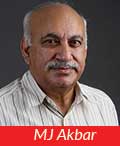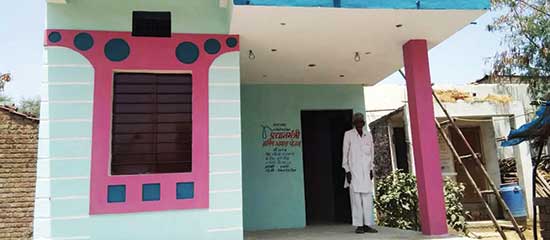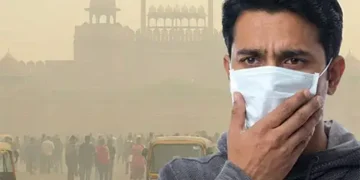 THIS is what the future is going to look like as India takes a lockstep approach to economic empowerment. This is the exchange rate of elections. The only way to prevent the state from descending into economic chaos is to ensure a growth rate that can finance the growing and, indeed, necessary sense of entitlement in aspiring and marginalised communities. Economic empowerment is their fundamental right. Conversely, if economic growth drips, there will be a humongous crisis. There will be violence on the streets. If instability or indeed any other reason leads to disruption in economic growth, there will be mass demonstrations of the kind we have not seen in decades by 2026.
THIS is what the future is going to look like as India takes a lockstep approach to economic empowerment. This is the exchange rate of elections. The only way to prevent the state from descending into economic chaos is to ensure a growth rate that can finance the growing and, indeed, necessary sense of entitlement in aspiring and marginalised communities. Economic empowerment is their fundamental right. Conversely, if economic growth drips, there will be a humongous crisis. There will be violence on the streets. If instability or indeed any other reason leads to disruption in economic growth, there will be mass demonstrations of the kind we have not seen in decades by 2026.
Congress solutions like inheritance tax are an answer from the 1950s for the problems of the 2020s. Property is no longer the exclusive privilege of the class which is fixated on theory. There has been spread in the ownership of property. It is no longer the mainstay asset of the rich. The poor in India want independent homes, and they have been getting them. Check the statistics. Discover the appeal of home-ownership schemes in the last 10 years. The poor do not want to discover that their firstgeneration assets will be reduced to half by taxes on their death.
Govt’s primary duty
Property in the form of a sustainable home is a principal demand of the poorest of the poor. If democracy does not mean food and shelter then what else does it mean for the poor? These are essentials of a civilised society, which Government must meet as a primary, constitutional duty. Whoever sold the idea of an inheritance tax to the Congress leadership has not been introduced to 21st-century India. The rich can still afford to shrug off inheritance tax as just another punishment; they have enough surplus. The rising classes will fight any such statute with the passion of firstgeneration empowerment. It might seem a trifle fanciful to find a metaphor for democracy in the annals of 18th-century anecdotage, but the relationship between the citizen and power is the fulcrum that keeps society stable.
Democracy is its most creative, most just, most productive manifestation. So here goes a tale from the age of Rajas, particularly since a descendant of the Maharaja of Nadia Krishnachandra Roy (born 1710; ruled 1728-1783, educated in Sanskrit and Persian, remembered as the man who initiated the famous Jagadhatri puja in Chandannagar) is contesting in a General Election being held three centuries after his birth.
It takes two to tango
The Maharaja’s court jester Gopal Bhar is as famous as his liege, for good reason. One night Gopal Bhar got drunk at a feast held to celebrate the birth of an heir, and went to sleep on the palace premises. The next morning the Maharaja saw him on his walk and they exchanged greetings. Later that morning, for the first time ever, the barber’s hand slipped while shaving the Maharaja, causing a nick. The king was furious. He ordered the barber’s head to be cut off. The trembling barber replied that it was not his fault; the blame lay in the first face that the king had seen that day, for that face had brought misfortune. That was the face of Gopal Bhar. The king ordered that Gopal Bhar’s head be chopped. A woeful Bhar pleaded for a chance to make his case.
Bhar said: “The first face that Your Majesty has seen has resulted in a nick on your neck. But the first face I saw this morning was yours and I have lost my head. Tell me, Sire, whose face is more cursed?”
The wise king understood. Gopal Bhar lived on. It takes two to tango in a democracy.
































